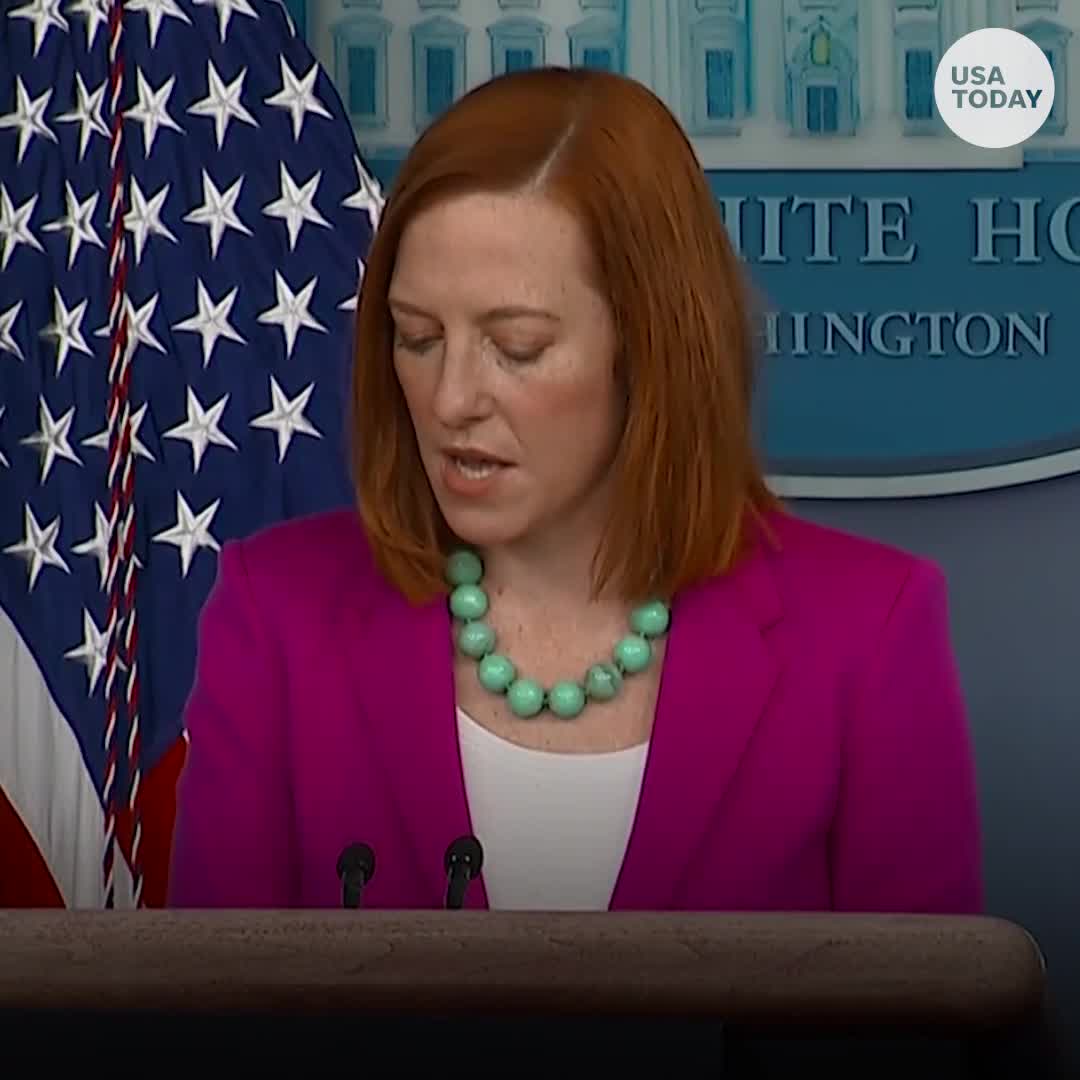AP FACT CHECK: Biden’s fuzzy math on 1 million new auto jobs
 ]
]
This photo provided by General Motors shows EP1 electric pallet. General Motors is forming a new business unit to tap the market for delivery vehicles… This photo provided by General Motors shows EP1 electric pallet. General Motors is forming a new business unit to tap the market for delivery vehicles and equipment powered by electricity. The new venture is called BrightDrop, and its first product will be a battery-powered wheeled pallet that will take goods from the warehouse to trucks and from trucks to destinations. (General Motors via AP)
FILE-This Thursday, June 25, 2020 file photo shows the electric Endurance pick-up truck at Lordstown Motors Corporation, in Lordstown, Ohio. Lordstown… FILE-This Thursday, June 25, 2020 file photo shows the electric Endurance pick-up truck at Lordstown Motors Corporation, in Lordstown, Ohio. Lordstown Motors Corp. said it already has begun metal stamping and welding for the Endurance All-Electric Pickup Truck prototypes, which will be used for testing. Full production of the Endurance pickups is slated to begin in September 2021 at the former General Motors assembly plant near Youngstown, which Lordstown Motors bought in 2019. The company took over the plant after GM ended its more than 50 years of car manufacturing at the plant. (AP Photo/Tony Dejak, File)
President Joe Biden delivers remarks on climate change and green jobs, in the State Dining Room of the White House, Wednesday, Jan. 27, 2021, in Washi… President Joe Biden delivers remarks on climate change and green jobs, in the State Dining Room of the White House, Wednesday, Jan. 27, 2021, in Washington. (AP Photo/Evan Vucci)
DETROIT (AP) — Casting his climate policy as a jobs plan, President Joe Biden left out important context and used fuzzy math when he announced sweeping new green initiatives that he says will boost the U.S. economy with the creation of 1 million new auto jobs.
That’s actually far from certain, if not unlikely.
A look at Biden’s statements at his signing of executive orders Wednesday that will replace the U.S. government’s fleet of roughly 650,000 vehicles with electric models and encourage a broader national shift to electric cars:
BIDEN: “Today is ‘Climate Day’ at the White House, which means that today is ‘Jobs Day’ at the White House. … We see these workers building new buildings, installing 500,000 new electric vehicle charging stations across the country as we modernize our highway systems to adapt to the changes that have already taken place. … We’re going to harness the purchasing power of the federal government to buy clean, zero-emission vehicles that are made and sourced by union workers right here in America. … This will mean 1 million new jobs in the American automobile industry. One million.”
THE FACTS: There’s plenty of skepticism about this claim. At least some of those new auto-related jobs would come at the expense of current ones. Auto industry analysts don’t see how a net gain of 1 million jobs in that sector can come from Biden’s plan.
One million new jobs in the auto industry is a highly ambitious goal that would mean more than doubling the number of workers now employed in motor vehicle and parts manufacturing.
Many analysts and the United Auto Workers union, in fact, have warned that electric vehicle manufacturing probably will mean fewer net auto-making jobs.
If more Americans drive electric vehicles, then it stands that fewer will drive gas-powered ones. And because electric vehicles generally have 30% to 40% fewer parts and are simpler to build, fewer workers will be needed to assemble them. That will require a reshuffling of jobs, as workers who once made engines, transmissions and other components for gas-powered cars have to switch to electric motors and batteries.
“Because they are simpler, you’re probably going to have far fewer people working in vehicle manufacturing than you have today,” said Sam Abuelsamid, principal analyst for Guidehouse Insights. He noted that it’s far easier to automate manufacturing of battery cells and packs, which could reduce job levels even more.
More than 100,000 workers are engaged in building gas-powered engines alone.
Abuelsamid added that creating a million new auto jobs will be difficult in future years because U.S. new vehicle sales are projected to be flat at around pre-pandemic levels for the next decade. “If nothing changed, you’re not going to have a whole lot more employment,” he said.
The White House did not immediately respond to a request for comment when asked for a breakdown of the 1 million new auto jobs that shows an accounting for lost jobs.
Nor would a shift of jobs from one sector to another necessarily mean that workers losing their jobs could easily make the jump to green jobs in the new economy. Part of Biden’s campaign promise has been to promote economic equity, such as bringing fuller opportunity for people without college degrees. In the short run, though, those workers may be hurt the most by initial job layoffs.
Kristin Dziczek, a vice president at the Center for Automotive Research, an industry think tank, said Biden’s goal isn’t well defined and will be “a heavy lift.” For example, the administration hasn’t said in what time frame the 1 million jobs would be added.
The move toward electric vehicles already is happening, even though fully electric vehicles accounted for less than 2% of U.S. new vehicle sales last year. On Thursday, General Motors announced a goal of making most of its vehicles electric by 2035, the same year California plans to ban sales of new gas-powered vehicles.
Currently, automakers pay workers who assemble batteries less than they pay those who manufacture vehicles. Also, much of the battery work is done by other companies that pay less than what members of the United Auto Workers union make at vehicle assembly plants.
Biden’s campaign has said the additional jobs also would include those building and installing the half-million new charging stations, and construction workers who would retool factories to build electric vehicles. Many electric vehicle components are now made in other countries, and part of Biden’s plan is to build a U.S. supply chain to create additional factory jobs, the campaign has said.
“Anybody who tells you it’s all positive for jobs — you can’t say one way or the other at this point,” Dziczek said.
Rugaber and Yen reported from Washington. AP Economics Writer Josh Boak contributed to this report.
EDITOR’S NOTE — A look at the veracity of claims by political figures.
Find AP Fact Checks at http://apnews.com/APFactCheck
Follow @APFactCheck on Twitter: https://twitter.com/APFactCheck
Fact check: Joe Biden’s inauguration didn’t have the lowest-ever TV ratings
 ]
]
The claim: Joe Biden’s inauguration had the lowest ratings in history.
Soon after President Joe Biden was sworn into office on Jan. 20, multiple social media posts made nearly identical claims that questioned the number of votes Biden received in the 2020 election by stating his inauguration had the lowest viewership in history.
Several Facebook posts include a screenshot of a tweet, or its exact words: “Joe Biden has the lowest TV rating and online views in US history for a Presidential Inauguration Day. But somehow received 84 million votes. I can’t wait for them to explain this one."
The tweet had been retweeted 2,500 times before it was deleted. The Twitter user told USA TODAY she did not have evidence to support the claim, which she had first seen on Facebook.
USA TODAY also reached out to the Facebook users for comment.
These claims about Biden’s inauguration hint at a false belief held among some supporters of former President Donald Trump that the results of the 2020 election were not accurate.
More: Fact check: No basis for claims that President Joe Biden’s inauguration was faked
Biden hits high ratings
In fact, the Biden inauguration drew one of the largest TV audiences in history, not the lowest.
According to Nielsen, 33.8 million people watched Biden’s inauguration between 10 a.m. and 4 p.m. on Jan. 20, the third-highest viewership of any presidential inauguration in the past 40 years.
Only the first inaugurations of Presidents Barack Obama and Ronald Reagan exceeded Biden’s TV audience. Nielsen calculated 30.6 million people watched Donald Trump assume office in 2017.
Biden also had a record popular vote
And instead of 84 million, Biden received around 81 million votes in the November election, still enough to best Trump, who received around 74 million votes.
In the Electoral College — which decides the election winner — Biden won 306 electoral votes to Trump’s 232.
More: Fact check: Biden won record popular vote, but inauguration crowd had limits
Story continues
After losing the election, Trump falsely insisted extensive election fraud had occurred. No evidence supports this claim. USA TODAY has debunked several election myths.
Our rating: False
Biden had the third-most watched Inauguration Day in American history — not the lowest, as some claim. He received around 81 million votes in the 2020 election, not 84 million. We rate this claim as FALSE.
Our fact-check sources:
Brian Gordon is a statewide reporter with the USA Today Network in North Carolina. Reach him at bgordon@gannett.com or on Twitter @briansamuel92.
Thank you for supporting our journalism. You can subscribe to our print edition, ad-free app or electronic newspaper replica here.
Our fact check work is supported in part by a grant from Facebook.
This article originally appeared on USA TODAY: Fact check: Joe Biden’s inauguration viewership ranks 3rd since 1981
Fact Check: Complete Lockdown in The Country Till January 31? Here
 ]
]
New Delhi: A document is going viral on various social media platforms claiming that the central government has ordered a complete lockdown in the country till January 31, 2021. The message claims that this is being done in order to contain coronavirus cases. Also Read - Lockdown Restrictions Extended in Maharashtra Till February 28 | What’s Allowed, What’s Not
However, govt’s fact-checking arm Press Information Bureau (PIB) conducted a fact check on this report and found out that the government has made no such announcement. Calling the message fake, PIB asked people to not believe in such unverified messages.
Debunking the fake news, PIB in a tweet wrote, ”Claim: A document is being shared on social media with a claim that the government has ordered a complete #Lockdown in the country till January 31, 2021, to contain #Coronavirus. #PIBFactCheck: This claim is #Fake. No such announcement has been made by the Government of India.”
Check out the tweet:
Claim: A document is being shared on social media with a claim that the government has ordered a complete #Lockdown in the country till January 31, 2021, to contain #Coronavirus.#PIBFactCheck: This claim is #Fake. No such announcement has been made by the Government of India pic.twitter.com/7m6fAmshbD — PIB Fact Check (@PIBFactCheck) January 29, 2021
Earlier today, another fake message was going viral on various social media platforms claiming that the central government has implemented new communication rules for WhatsApp and phone calls. The claim turned out to be fake, and the same message had been shared earlier too during various instances.
The Press Information Bureau launched this fact-checking arm in December 2019, to curb misinformation and fake news prevalent on the internet. It claimed that its objective was “to identify misinformation related to government’s policies and schemes that are circulating on various social media platforms”.